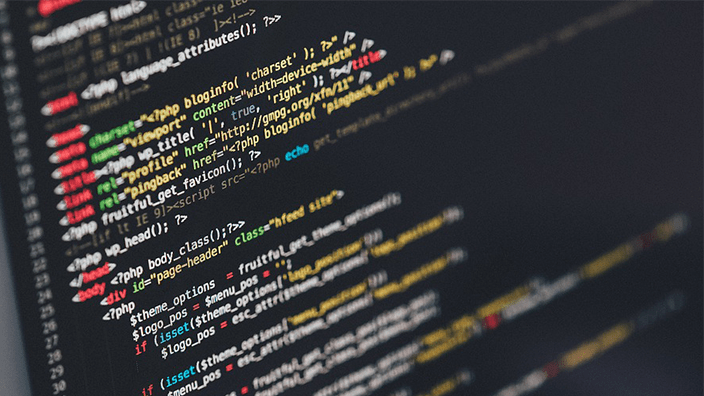
The software development landscape is undergoing a remarkable transformation, driven by advancements in artificial intelligence (AI). At the forefront of this evolution are AI coder tools, which have revolutionized how developers approach coding, debugging, and deployment.
These innovative code generator platforms not only streamline the development process but also democratize programming, making it accessible to a broader audience. By automating repetitive tasks, enabling rapid prototyping, and enhancing code quality, AI-powered tools are reshaping the future of software development.
The Rise of AI in Software Development
AI has steadily integrated into various facets of software engineering. According to a report by McKinsey, the adoption of AI technologies in IT and software development increased by over 25% in the past three years. From generating boilerplate code to identifying potential bugs, AI is becoming an indispensable tool for developers across industries.

Key Benefits of AI Code Generation Tools
1. Automation of Repetitive Tasks
One of the most significant advantages of AI code generation tools is their ability to automate tedious and repetitive tasks. For instance, they can generate boilerplate code, reducing the time developers spend on creating foundational structures. This allows teams to focus on solving complex problems and delivering innovative features.
2. Faster Time-to-Market
In the fast-paced world of technology, speed is critical. AI-powered code generators enable rapid prototyping by quickly creating functional code based on high-level inputs. This accelerates development cycles, helping startups and enterprises bring their products to market faster.
3. Enhanced Code Quality
AI tools analyze existing codebases to suggest improvements and ensure adherence to coding standards. By identifying vulnerabilities and inefficiencies, these platforms improve the overall quality and security of the software.
4. Accessibility for Non-Technical Users
AI-driven tools lower the barrier to entry for individuals with limited programming knowledge. Business analysts, designers, and other non-technical stakeholders can use AI platforms to create basic functionality or prototypes, fostering better collaboration within teams.
5. Scalability
For organizations managing large codebases, AI tools provide scalability by maintaining consistency across multiple projects. Features like automated documentation, testing, and version control simplify the management of complex systems.
Real-World Applications of AI Code Generators
AI code generation tools are already making a tangible impact in various industries:
- Web Development: AI tools generate HTML, CSS, and JavaScript components, allowing developers to build responsive websites quickly.
- Mobile Applications: Platforms like FlutterFlow leverage AI to assist in creating cross-platform apps with minimal effort.
- Game Development: AI-powered solutions streamline the development of game mechanics, physics engines, and AI-driven NPCs.
- Enterprise Software: Large-scale systems benefit from AI’s ability to automate testing, integration, and deployment processes.
How AI Is Shaping the Developer’s Role
AI is not here to replace developers but to empower them. These tools act as intelligent assistants, offering suggestions, detecting errors, and even generating entire modules. Developers can focus on higher-level tasks such as system architecture, user experience design, and innovative problem-solving, leaving routine tasks to AI.
According to a survey by Stack Overflow, 35% of developers use AI tools like Copilot or TabNine to enhance their workflows. The survey also highlighted that these tools improve productivity by up to 40%, underscoring their growing importance in the industry.
Challenges and Considerations
While AI code generation tools offer numerous benefits, they are not without challenges:
- Learning Curve: Developers need to familiarize themselves with the tools to use them effectively.
- Quality Assurance: AI-generated code still requires thorough review to ensure it meets project-specific requirements.
- Ethical Concerns: Over-reliance on AI may lead to a decline in foundational coding skills among new developers.
The Future of AI in Software Development
The future of software development lies in the seamless integration of AI into every aspect of the development lifecycle. As AI algorithms become more sophisticated, we can expect even greater capabilities, such as context-aware code generation, real-time debugging, and automated feature updates. Gartner predicts that by 2030, 80% of software development tasks will involve some level of AI automation, highlighting its pivotal role in the industry.
Conclusion
AI code generation tools are transforming the software development landscape, enabling faster, more efficient, and accessible coding practices. By automating repetitive tasks, improving code quality, and enhancing collaboration, these tools are not just changing how developers work but also redefining the possibilities of software innovation. Platforms like zencoder.ai exemplify the potential of AI in this space, offering advanced solutions to empower developers and organizations alike. As the technology continues to evolve, embracing AI-driven tools will be essential for staying competitive in the ever-changing world of software development.
[custom-twitter-feeds feed=2]





